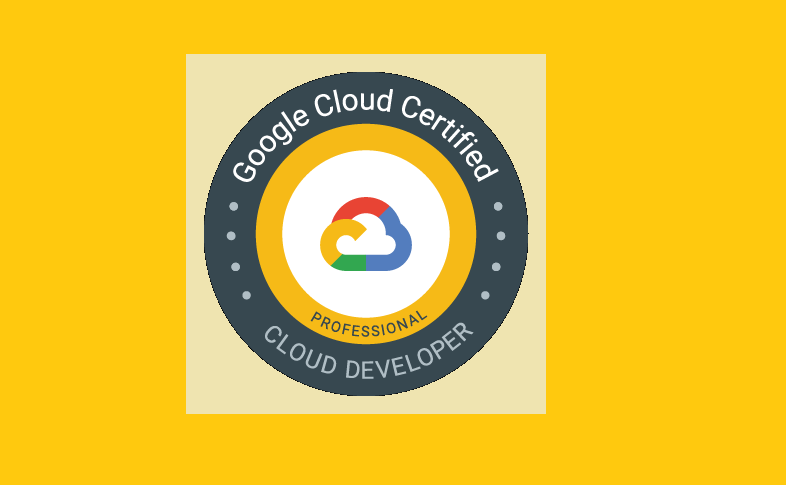
In December 2010, when I decided to take the plunge into the publishing world, I did the exact opposite of all of the above. To begin with, I hadn’t finished my manuscript – I had the bare minimum that publishers require in a proposal – three chapters, a one-page synopsis, and a bio (which in my case was basically a paragraph about myself saying I’m a pharmacy student who hadn’t done anything in life and had an interest in reading).
In the guise of market research, I Googled “best publishers in India” and went to all their sites, found their submission email addresses and sent across my proposal, copy-pasting the cover letter. I didn’t wait for the publishers I really wanted to publish with. I didn’t wait for anyone; I signed with the first publisher that got back to me and when they asked me how far along I was with the manuscript, I told them I was 75% through and would have it ready in a month.
Don’t judge me; I was 19. I had my fifth semester final exams for the first two weeks of that month, and ended up writing the whole book in the last two weeks. (Weirdly enough, ever since then, I have written the first drafts of all my books in two weeks – but that’s a story for another time.)
The worst mistake I made was not being patient and waiting for responses from other publishers.
By the time I received an email from Penguin India in May 2011, my first book Love @ Facebook was already published with a much smaller publisher with fairly limited resources and frankly, ambition. However, Vaishali Mathur, the Senior Commissioning Editor at Penguin asked me to stay in touch with her when I wrote something new. Again, I only had a vague idea of my next project, my first book having been released just a week ago, but of course I told her I had a concrete plan. We signed Someone Like You two months later, which ended up being my fifth book. Funny story . . .
Right around the time I was in conversation with Penguin, Durjoy Datta and Sachin Garg were starting up Grapevine India. They wanted me to publish a book with them in their first lot of four books. I signed with their start-up right after signing with Penguin (after confirming with Vaishali that that would be fine – which it was because I had only signed one particular book with Penguin and it did not bind my other works to them). I published my next three books (Accidentally In Love,If It’s Not Forever and The Promise) with Grapevine by the time Someone Like You came out in April 2013, a book I eventually co-authored with Durjoy, urged by the success of If It’s Not Forever, the first book we’d co-written.
The Unreasonable Fellows came out a couple months later with Grapevine. Soon after, Grapevine, being a new publisher that had done all they could for me, encouraged me to move my books to Penguin. I took their advice and moved my backlist to Penguin (which had merged with Random House to become Penguin Random House around that time). All of this had happened in a very short period of time. I was six books old in two years, not including a few I wrote under a ghost name and a couple collections of short stories I edited and contributed to.
I decided to find my chill and take it easy after that – one book a year is enough!
This was an ideal time for me to start working with an agent. I had worked closely with Grapevine, writing and editing for them, and was familiar with the internal workings of the publishing industry, but the fact that I overlooked was that I’m a terrible self-promoter. All editors and publicists I’ve worked with have had the same complaint with me – that I’m not more active on social media, and when I am, I don’t post nearly enough about my books.
I decided to do the easiest thing – stay with PRH. So I signed Right Here Right Now with them and worked with the familiar and amazing editorial and marketing team there. They had five books from my backlist, which they also got a chance to promote when RHRN came out.
The more I got involved in publishing, the more I questioned my decisions. I have a great support system – I always turned to other writers, Ravinder Singh and Ravi Subramanian, for advice. But I was surely no authority on the understanding of the changing market dynamics – which is someone an agent is, along with being someone who has integrity, rational reasoning and ability to make editorial and marketing recommendations.
This is when Ravi put me in touch with Anish Chandy, who read my work and we evaluated if we were the right fit for each other before signing – the first time I dealt with a situation patiently, and it produced great results.
We signed my eighth book After All This Time with PRH, soon after which I moved to New York City for Master of Fine Arts degree in Creative Writing at The New School. Working with Anish allowed me to concentrate on the manuscript itself and not be side tracked by the publication process, which he took care of. Anish is also my first reader. He usually gets the first/second draft of my manuscripts in a really bad shape and tries to do damage control and gives editorial inputs to turn it around.
Most recently, I signed a two-book deal with HarperCollins. When choosing a publisher once you have had some experience in the industry and/or are working with an agent, the decision becomes more nuanced. Different publishers have different strengths and weaknesses and agents create an auction-like situation among them.
Publishers bid across various criteria – what they offer in terms of editorial, finance, marketing, distribution and sales, design, digital etc. After negotiating back and forth with all publishers you are in talk with, the agent recommends pros and cons to the author, who always makes the final decision. In my case, Anish sent me an excel sheet comparing the offers across departments and after taking all factors into consideration, we decided to sign with HC. The first of the two books we signed comes out in March 2016 and I couldn’t be more excited!
Quick tips
– When you start off as a writer, it’s a spray and pray approach, hoping a publisher chooses you. The prospect of seeing your name and your words in print is so daunting and you think, oh well, beggars can’t be choosers. Don’t. After everything, at the end of the day, publishers want good manuscripts just as much as writers want good publishers.
– Be patient. Publishing as an industry is hardly known for speed. Have faith in your talent and hold out for the publishers you really want to work with.
– I cannot emphasise enough on how important it is to make sure you’re completely satisfied with the manuscript before sending it out.
– Even though sending proposals to publishers is literally just a few clicks away, and it’s very tempting to send it to all of them given that you already have all the material ready, what is most important is to find out which publisher would be the best fit for you, at which stage, I would recommend going to bookstores and looking around, or even online.
– Try to place your book, look for comps – books comparable to yours. This will help you make an informed decision about where your book would be most at home. The aim is to find a publisher with a vision for your book that aligns with yours.
– If you would rather concentrate on the writing process, I would highly recommend taking the agent route. You really don’t have to do everything yourself. It’s great to have someone skilled and experienced on your team.



